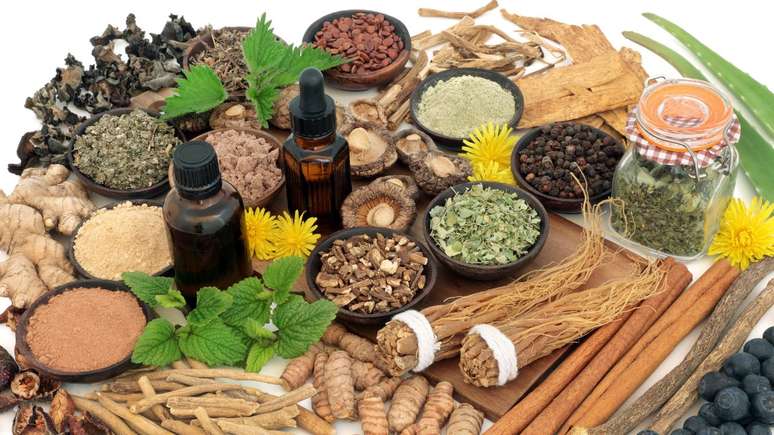Understand what are adaptogenic plants and how they act in the body
Have you heard of adaptogenic plants? In the middle of everyday life, they emerge as important allies for health. They are known for their ability to help the body adapt to physical, mental and emotional stress, promoting balance naturally without causing significant side effects.
This group of plants acts differently from traditional herbal medicines. Instead of stimulating or directly inhibiting a system, they work by adjusting the body as a whole, helping to restore the internal balance every time there is imbalance.
Where does the concept come from?
The concept of adaptogenic plants that emerged in the 1940s, when Russian researchers sought natural substances capable of increasing the resistance of soldiers and workers exposed to extreme conditions. Since then, they have been used in different traditional medicine systems, such as AyurvedaChinese medicine and indigenous knowledge. In order for a plant to be considered adaptogenic, it must satisfy three criteria: to be sure, have a complete action in the body and contribute to physiological balance.
How do they act on the body?
Suitable plants act mainly by regulating nerve, immunological and endocrine systems. They help the body modulates the production of stress hormones such as cortisol. This means that if the levels are high, they help to reduce them; If they are low, they stimulate their correct production.
In practice, this translates into greater arrangement, reduced anxiety, improvement of sleep and increased physical and emotional resistance. In addition, they strengthen the immune system, making the body more resistant to infections and inflammation and are particularly useful for those who face exhaustive routines, constant or high pressure changes.
6 Main suitable plants:
1. Ashwagandha (Withania Somnifera): Originally from IndiaIt helps to reduce stress, improve sleep and increase vital energy. It is suitable for those who face physical and mental exhaustion.
2. Ginseng (Panax Ginseng): Helps in physical resistance, vitality and improving concentration, being an ally in high demand times;
3. Rhodiola (Rhodiola Rosea): originally from the cold regions of Europe AND AsiaIt is effective in improving mood, mental clarity and stress resistance. It is recommended for those who suffer from emotional oscillations;
4. Eleutero (Eleutherococcus Senticosus): Also known as Ginseng-Syber, strengthens the immune system and improves physical performance. Use is suitable for people who deal with great physical and emotional efforts.
5. Maca Peruviano (Lepidium Meyenii): cultivated in AndeIt is known that the stretcher increases energy, libido and assistance to hormonal balance, being particularly beneficial for menopause women.
6 originally from BrazilIt is traditionally used as a tonic to improve the arrangement, libido and physical and mental fatigue.
How to include them in the routine?
There are several ways to consume suitable plants that adapt to the reality and preferences of each person. Among the options there are tea, capsules, liquids and dust that are incorporated into vitamins, smoothies or food.
It is important to remember that the Plants responsibly and with professional indications. Although they are considered safe, they can cause adverse effects on specific situations.
Source: Terra
Ben Stock is a lifestyle journalist and author at Gossipify. He writes about topics such as health, wellness, travel, food and home decor. He provides practical advice and inspiration to improve well-being, keeps readers up to date with latest lifestyle news and trends, known for his engaging writing style, in-depth analysis and unique perspectives.







